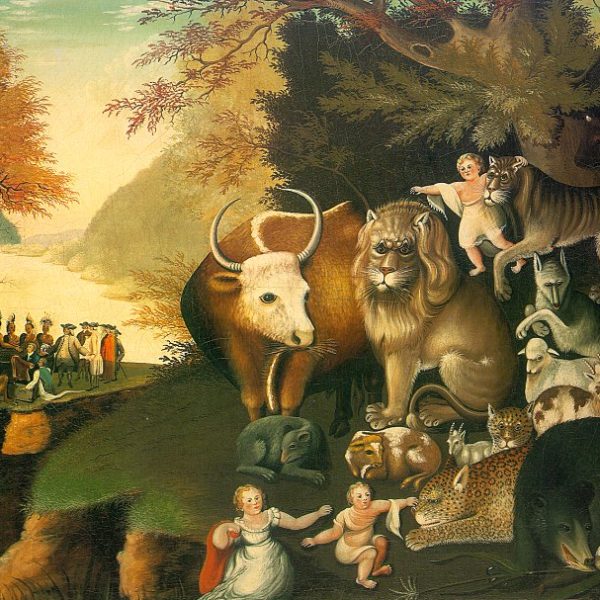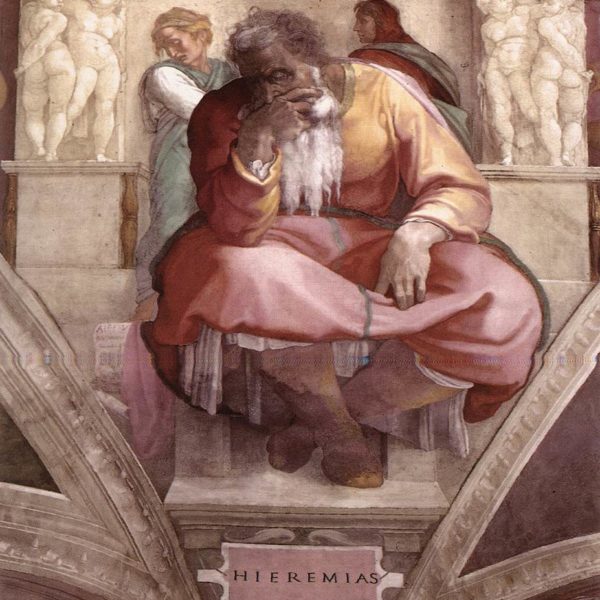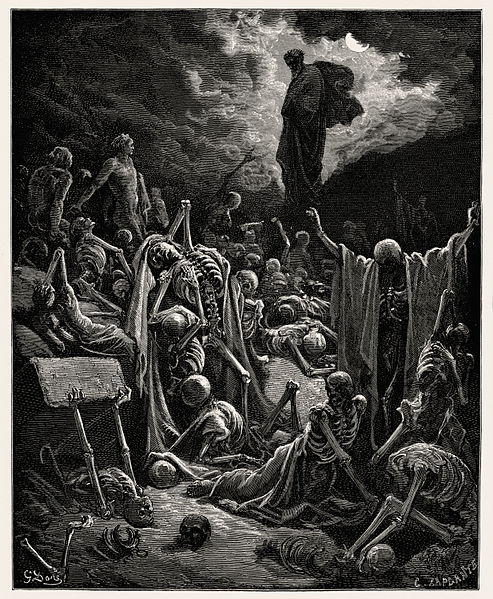
In Isaiah’s prophecy a young child serves as a sign puncturing the gloom of a dark political situation. The use of infants and young children to draw attention to God’s future within the book of Isaiah has significance for our own political visions. In regarding the sign of our children we can accomplish an existential turn from a politics driven by the selfish interests of our own generation to one of responsibility and hope for the well-being of those to come.

The policy of accommodation, cooperative political activities and praying to God for the well-being of a foreign city as suggested by Jeremiah was both innovative and a great challenge to the exilic community. It also has lessons for us as we seek a public, politically and socially relevant theology.
Hope is not drawn from the world-that-is. Hope is grounded in perceptions of the world-that-ought-to-be. It arises from the power of the world-that-ought-to-be. For Christians, the world-that-ought-to-be is the eschatological Kingdom of God. It is expected in the future, in God’s time. But, it is also in the present, which is God’s time. The Kingdom is a perpetual possibility, even as its realization must be perpetually deferred in its fullness.
